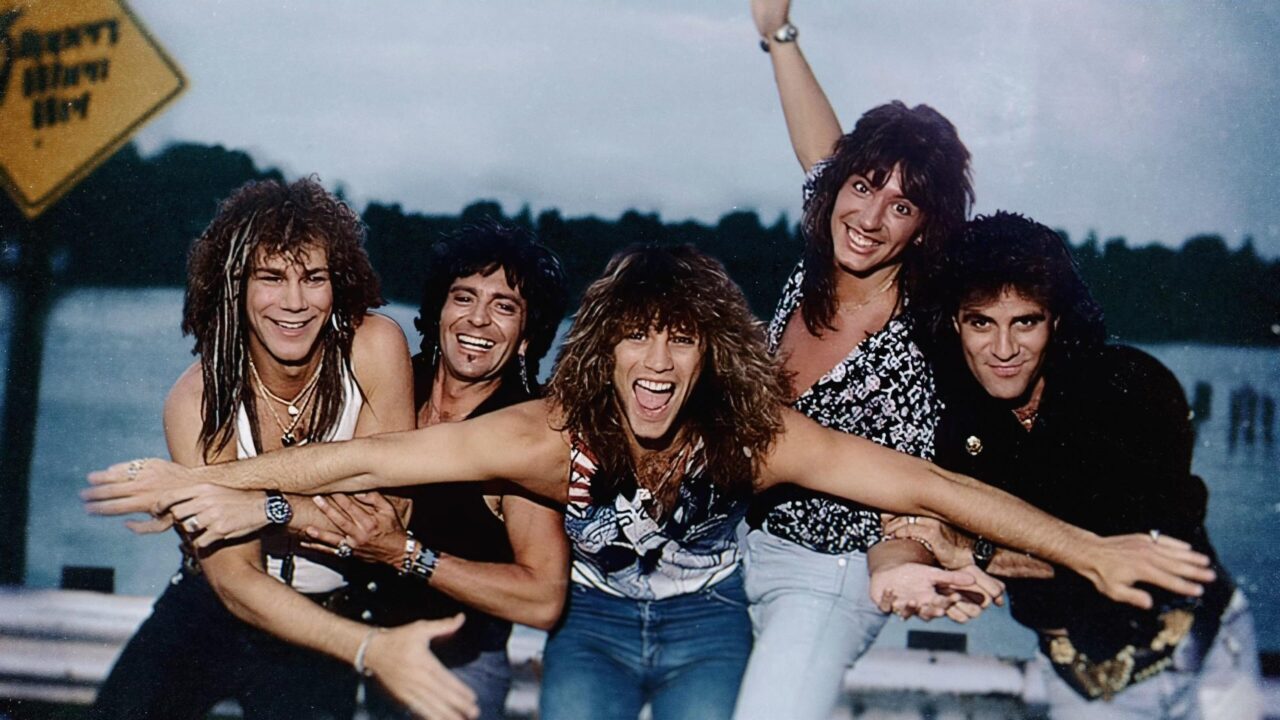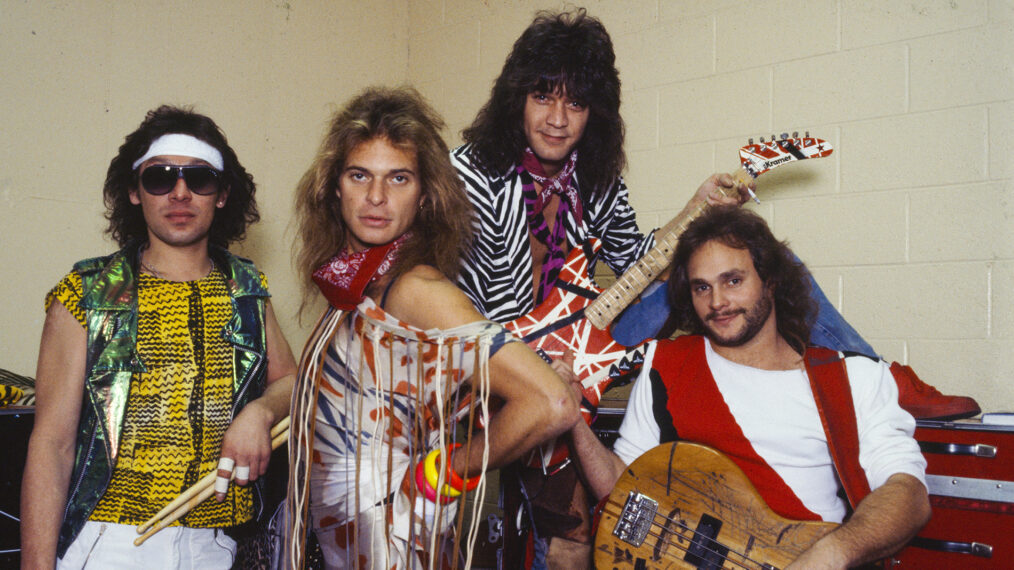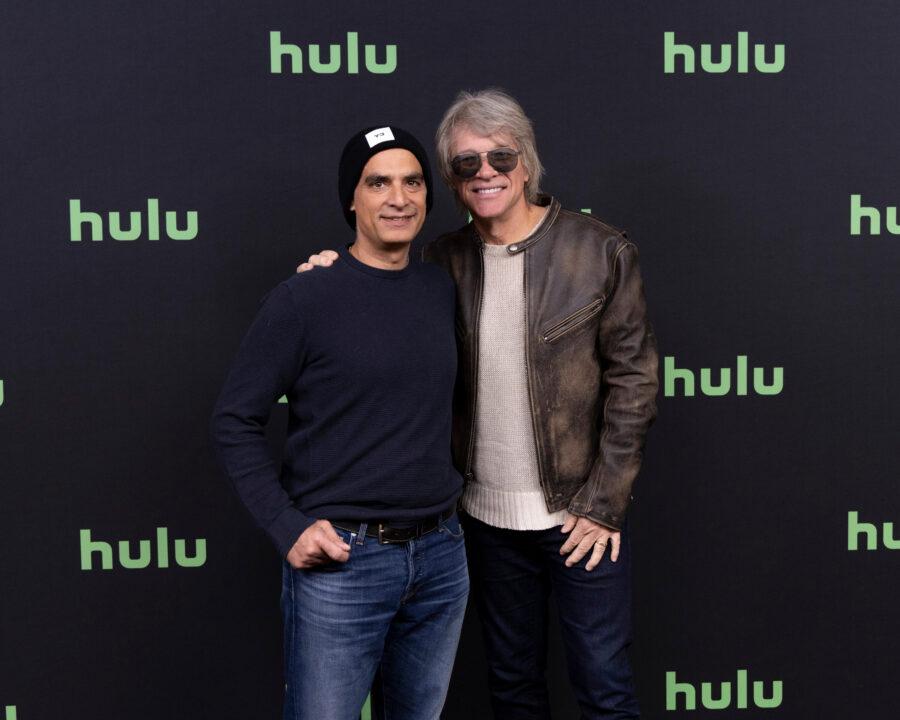Bon Jovi frontman and musician Jon Bon Jovi has a lot to look forward to.
With a new album set to be released later in the year (not long after the recent 40th anniversary of Bon Jovi’s 1984 self-titled first album in January) and the upcoming new docuseries Thank You, Goodnight: The Bon Jovi Story premiering in April 2024 on Hulu, Jon Bon Jovi is proving that some ’80s trends can stand the test of time.
Courtesy of Hulu
The four-part series will tell the story of Bon Jovi’s rise to fame and go behind the scenes with never-before-seen videos and interviews of the band members, allowing fans and viewers an inside look into all their triumphs and setbacks, as well as all the challenges they faced remaining in the public eye and keeping up with technology and trends.
“When record company presidents come in, I say, ‘I’ll see you on the way out,’ because I’ve seen them come in, and I’ve seen them go,” Bon Jovi recently said while discussing Thank You, Goodnight at the Television Critics Association winter press tour. “I’ve seen the buildings come and go. I’ve seen the name changes come and go. The only thing that hasn’t changed is I’m still at the same label for 40 years.

The sixth and most successful album included some of their biggest hits.
“I’m excited about the prospect of the next Bob Dylan existing because of streaming,” Bon Jovi continued, “because of the internet, because they have other avenues than terrestrial radio. So by rolling with the punches, it gives the true artist the opportunity. Whether or not they can get it marketed or distributed properly is to be seen, but the opportunity for Dylan to speak in the next generation is alive and well. I think that that’s a good thing.”
Bon Jovi also talked about the beginning of his career, and how things have changed for him.
“At 20, when I got a record deal, I didn’t have a lot else to write about other than high school, and I didn’t break up with people like Taylor [Swift] did all the time. So my notebook was about the world around me. But in order to grow with your public, I think you have to tell your truth and not pretend to be something you’re not, and you’re only going to get better at what you do. Or, at the very worst, you’re going to live your truth in public. So roll with the punches, and if you tell your truth while you’re doing it, chances are someone will gravitate towards it.
Disney/PictureGroup
“Music’s always affected the culture at large,” he added. “We’ve been blessed to have had songs that resonate across borders and languages and decades, of now generations of people. I received a two-page handwritten, long-form letter from President Zelenskyy telling me what ‘It’s My Life’ has meant to the people of Ukraine. You know, I mean, I was just writing that coming from who and where I was at that time. And now, to realize that the effect that some of these songs have had on cultures is humbling.”





